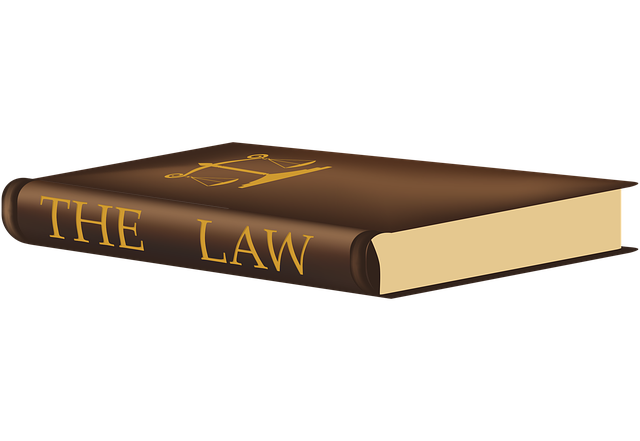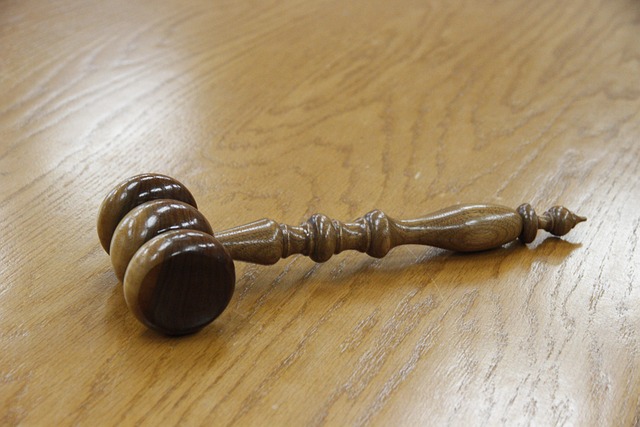Mail wire fraud, a significant digital age challenge, targets individuals and corporations through deceptive electronic transfers. Phishing emails and unauthorized account access are common tactics. Legal Solutions for Property Ownership Disputes involve specialized attorneys who guide clients through asset recovery, protect business interests, and mitigate risks. These experts navigate complex regulations, employ strategic tactics like document analysis, and aim to avoid indictment. Prevention includes educating about scams, staying vigilant, using secure channels, and enabling multi-factor authentication. Legal solutions fortify defenses against malicious actors, securing winning verdicts in fraud cases.
Mail wire fraud, a sophisticated and increasingly common scheme, poses significant threats to property ownership rights. This article delves into the intricate world of mail wire fraud, unraveling common scams, legal definitions, and their impact on property disputes. We explore crucial legal solutions and preventive measures, empowering individuals to safeguard their property ownership. Understanding these strategies is essential in navigating and mitigating risks associated with this deceptive practice, especially when it comes to resolving complex legal issues related to property disputes.
- Understanding Mail Wire Fraud: Common Scams and Schemes
- Legal Framework: Defining Mail Wire Fraud as a Crime
- Property Disputes: When Mail Wire Fraud Enters the Picture
- Legal Solutions: Strategies to Combat Mail Wire Fraud
- Preventive Measures: Safeguarding Property Ownership Rights
Understanding Mail Wire Fraud: Common Scams and Schemes

Mail Wire Fraud has become a prevalent concern, particularly with the rise of digital transactions. This type of fraud involves manipulating electronic wire transfers to steal money or property from unsuspecting individuals or corporations. Common scams often take the form of phishing emails impersonating legitimate organizations, leading victims to share sensitive financial information. Another scheme involves compromising business accounts and initiating unauthorized wire transfers to overseas accounts.
The impact can be devastating for both corporate and individual clients, potentially leading to significant financial losses and legal complications, including avoiding indictment. When disputes arise from fraudulent wire transfers, seeking legal solutions for property ownership conflicts is crucial. Skilled attorneys can guide clients through the process of recovering assets and mitigating risks associated with these sophisticated scams, ensuring the respective business interests are protected.
Legal Framework: Defining Mail Wire Fraud as a Crime

Mail Wire Fraud, a sophisticated crime, involves the unauthorized transfer of funds through deceptive means, often using legitimate mailing systems. This illegal practice poses significant risks to individuals and businesses alike, leading to substantial financial losses. The legal framework surrounding Mail Wire Fraud is designed to protect property owners and ensure justice. By defining this crime, legislation provides clear guidelines on what constitutes an offense, setting the stage for effective prosecution.
The legal solutions for Property Ownership Disputes related to Mail Wire Fraud are multifaceted. They encompass civil lawsuits, where victims can seek compensation for their losses, as well as criminal proceedings against perpetrators. Achieving extraordinary results in these cases often involves intricate investigations, expert testimony, and strategic litigation. Whether catering to corporate or individual clients, the legal system is equipped to address the complex dynamics of Mail Wire Fraud, ensuring that justice is served and property rights are safeguarded.
Property Disputes: When Mail Wire Fraud Enters the Picture

Property disputes can often be complex affairs, especially when they involve fraudulent activities like mail wire fraud. This type of fraud, where individuals or organizations use deceptive means to manipulate property transactions through the postal system, introduces a layer of complexity and uncertainty for all parties involved. Victims of such scams may find themselves in legal quagmires, facing challenges in proving their legitimate claims to property ownership.
The good news is that there are legal solutions available to resolve these disputes effectively. Across the country, experts specializing in real estate law and fraud investigations offer comprehensive support throughout all stages of the investigative and enforcement process. By leveraging their expertise and resources, they can help victims achieve extraordinary results, restoring their rights to property ownership and ensuring justice is served.
Legal Solutions: Strategies to Combat Mail Wire Fraud

To combat mail wire fraud effectively, individuals and businesses must leverage robust legal solutions tailored to address this complex issue. One crucial strategy involves engaging specialized white collar defense attorneys who can navigate the intricate web of federal and state regulations designed to prevent and penalize such fraudulent activities. These legal experts help in understanding the nuances of property ownership disputes arising from mail wire fraud, ensuring that all parties’ rights are protected and any illegal transactions are exposed.
By employing strategic legal tactics, including meticulous document analysis and evidence gathering, attorneys can construct winning challenging defense verdicts for their clients. Avoiding indictment is a key objective, and skilled advocates employ various defenses to counter allegations, such as demonstrating lack of intent or establishing procedural errors. Through these measures, individuals and entities can safeguard their assets, mitigate potential losses, and ensure that justice is served in the face of mail wire fraud.
Preventive Measures: Safeguarding Property Ownership Rights

Preventing mail wire fraud starts with robust measures to safeguard property ownership rights. One crucial step is educating individuals and businesses about common scams, such as phishing attempts disguised as legitimate communication from financial institutions. Staying vigilant and verifying any suspicious activity through official channels is essential. Using secure communication channels and implementing multi-factor authentication for online banking can significantly reduce the risk of falling victim to these fraudulent schemes.
Additionally, seeking legal solutions for property ownership disputes is a proactive approach. Experienced attorneys specializing in real estate law can offer guidance on identifying potential red flags and navigating complex transactions. By understanding the legal framework surrounding property rights, individuals and even corporate and individual clients can better protect themselves from malicious actors. This includes being aware of the latest legislative changes and leveraging philanthropic and political communities’ support to advocate for stronger anti-fraud measures, ultimately ensuring winning challenging defense verdicts in cases of mail wire fraud.
Mail wire fraud, a sophisticated and pervasive crime, impacts property ownership disputes significantly. By understanding common scams, recognizing legal definitions, and adopting preventive measures, individuals can safeguard their rights. Implementing robust security protocols and staying informed about emerging schemes is crucial. Moreover, Legal Solutions for Property Ownership Disputes offer strategic approaches to combat fraudsters effectively, ensuring fairness and integrity in the ownership process. Together, these measures foster a more secure environment for managing property transactions.






